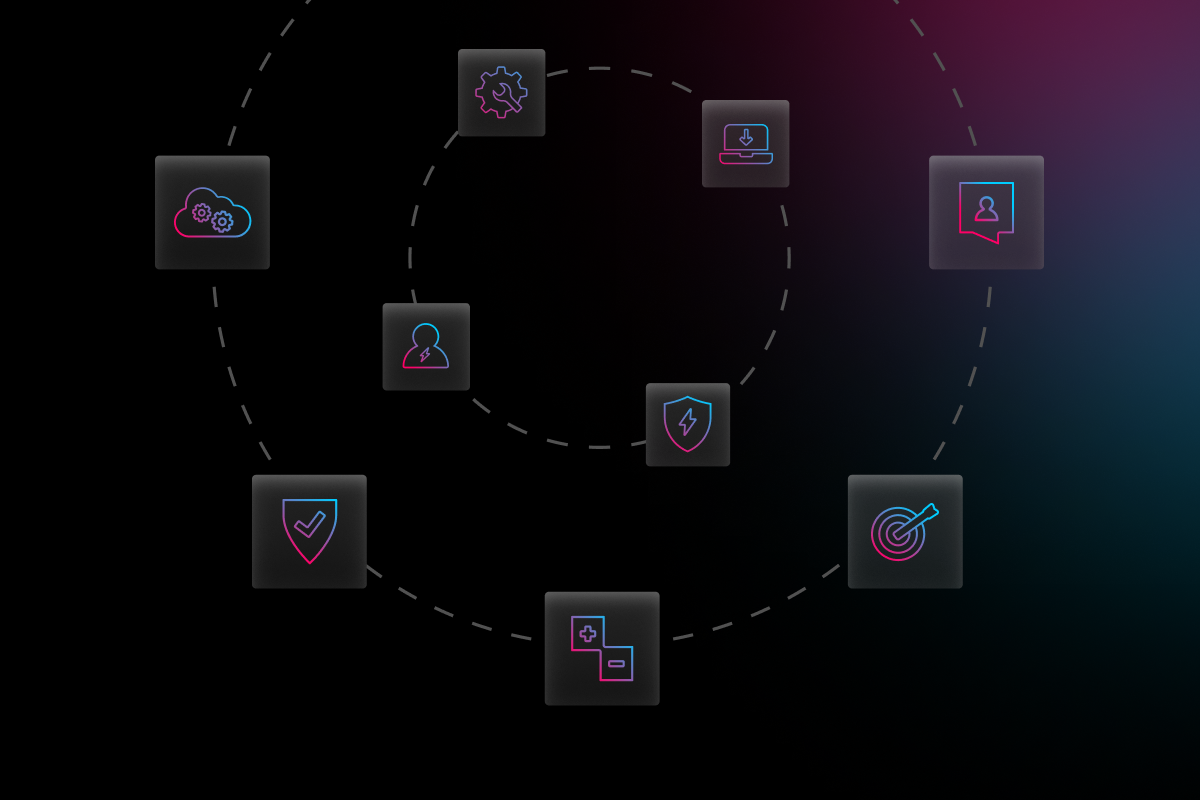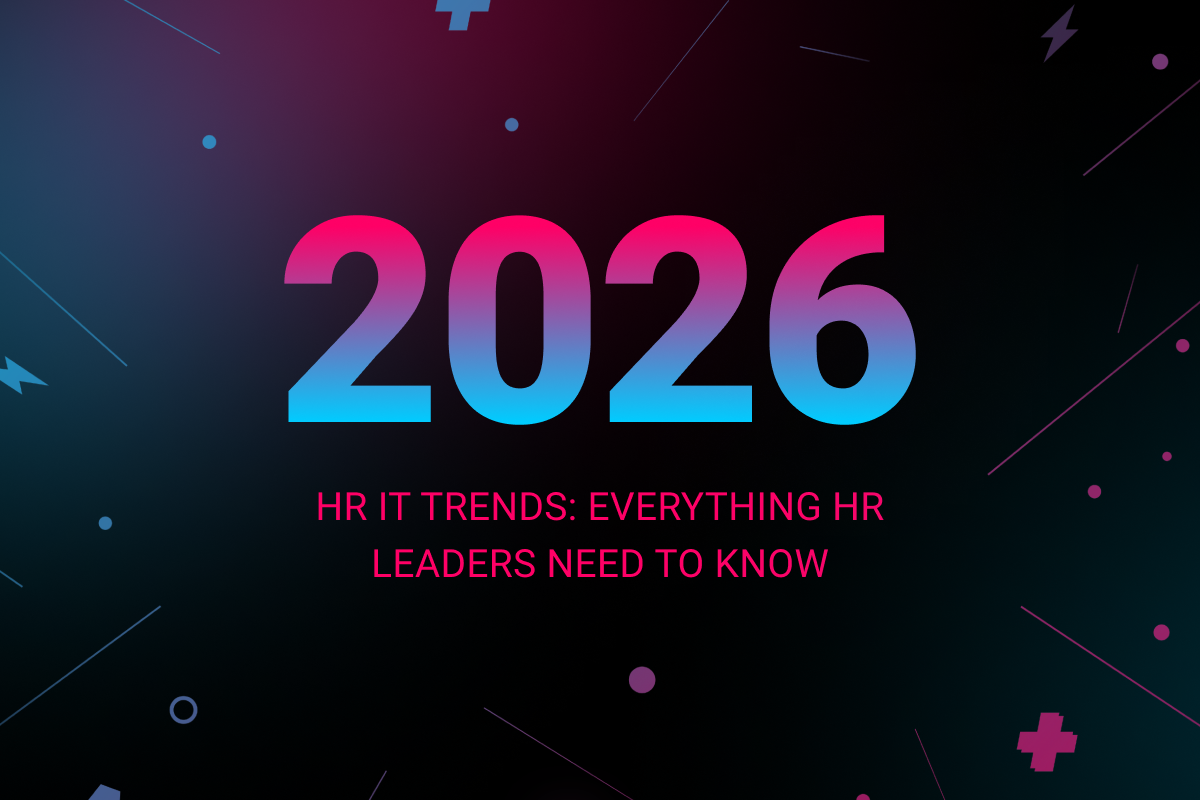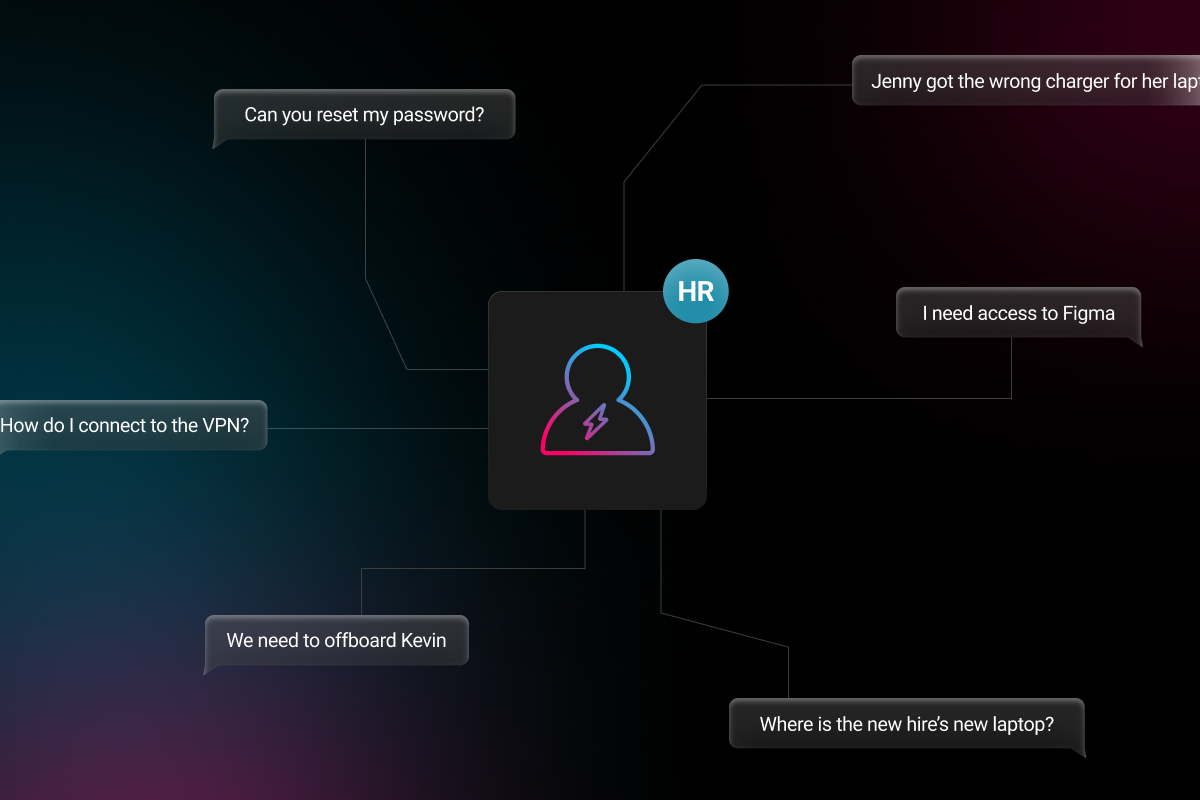
Healthcare organizations face unique challenges when it comes to cybersecurity and data protection, given the valuable information entrusted to them by patients, employees, suppliers, and other stakeholders.
Financial losses, reputational damage, and legal liabilities are all at stake if a healthcare organization’s data is breached by threat actors. Given the increased digitization of healthcare delivery, keeping sensitive information secure is no easy feat. Healthcare providers must find a way to ensure high-quality patient care while simultaneously protecting patient privacy.
This post will walk you through healthcare information security best practices, and how to implement them to keep your critical data safe.
What is Health Information Security?
Health information security is the process of protecting health information and information systems from unauthorized access, use, modification, disruption, or destruction.
Health information security has three basic components:
- Confidentiality: Keeping health information safe so that it is not accessible to unauthorized persons.
- Availability: Ensuring health information is accessible and usable by authorized persons.
- Integrity: Ensuring health information is not altered or destroyed in an unauthorized manner.
Assessing your health information security starts with understanding your IT environment. This includes the software you use for administrative and medical purposes, the hardware you use to store and access data, and the networks that facilitate communication within your organization.
Why Privacy, Confidentiality, and Security of Health Information Matters
There are several regulatory standards that healthcare providers are required to meet, including HIPAA and GDPR.
Under HIPAA, the health information shared with health professionals, facilities, and insurers must be kept safe. Healthcare providers and covered entities can’t share this information without a patient’s express permission, unless it is for the safety and well-being of others.
Trust is the cornerstone of medical care, which is why privacy, confidentiality, and security are so important in this industry. As well as meeting your legal obligations, data security is crucial because:
- Patients should be at liberty to determine who accesses their health information.
- Patients may be reluctant to seek medical attention if they fear their information will be shared with others without their consent.
- Patients may be subjected to societal stigmas and discrimination if their medical information is publicly disclosed.
- In the digital healthcare landscape, the availability of secure, accurate health information to healthcare providers is vital to the provision of proper medical care.
Ways to Maintain Security of Health Information
In today’s landscape of increasing cyber attacks, healthcare organizations should have advanced security controls in place, including:
Antivirus Software
Antivirus software protects the organization’s computer systems from malware and other malicious threats, and should be rolled out across all company devices.
Data Loss Prevention & Encryption
Data loss prevention (DLP) strategies help to prevent unauthorized access or theft of sensitive data, while encryption makes data indecipherable if accessed.
Firewalls
A firewall is a cybersecurity measure that helps to repel threats by creating a barrier between the organization’s internal network and the external network.
Multi-Factor Authentication
Multi-factor authentication (MFA) adds a layer of security by requiring users to provide more than one form of identification for system access.
Security Awareness Training
Employees at your healthcare organization should be trained on security best practices and policies, such as proper handling of patient data, creating strong passwords, and recognizing phishing emails.
Mobile Device Management
Mobile Device Management allows organizations to remotely manage and monitor employee devices. As a result, they can ensure that only authorized apps are installed on these devices and that data stored on them is properly secured. MDM helps to standardize your cybersecurity across the entire workforce, and is instrumental in achieving compliance.
Intrusion Detection and Incident Response
An intrusion detection system (IDS) can be used to detect any suspicious activity on your network, such as unauthorized access attempts. This allows potential security breaches to be thwarted before they happen.
How Outsourced IT Improves Health Information Security
Maintaining effective cybersecurity can be a challenge for healthcare organizations, especially those with stretched resources or limited IT knowledge in-house. Outsourced IT offers a cost-effective alternative, and promises expert level services and support to keep your data safe.
Here are some of the ways you can benefit from outsourced IT for healthcare organizations:
Device Security
A managed IT provider can maintain a continuous birds-eye view into the overall health of your IT environment as well as the status of individual devices. They can also standardize the security of your devices to protect your company and patient data, and remotely roll out updates as needed.
Application and Network Security
While apps can help streamline the healthcare delivery process, they also pose security risks if they are breached by threat actors. Outsourced IT providers have the knowledge and tools to ensure your apps remain secure, and they can ensure the integrity, availability, security, and performance of your network.
Compliance
From HIPAA to SOC II, an outsourced IT provider can help your practice to achieve and maintain the compliance standards of common regulatory frameworks. With their support, you won’t have to worry about incurring the hefty penalties that come with failing to comply with these regulations.
Enhanced Security Measures
Outsourced IT providers can implement protective measures such as firewalls, antivirus, and multi factor authentication to protect your data and network. They can also proactively monitor your network, identify any vulnerabilities, and patch them before threat actors exploit them.
Electric Powers IT for Healthcare Organizations
When managing IT for your healthcare organization, you need strategic partners who understand your unique security and compliance-driven technology environment. Electric not only has the security tools and resources you need to protect sensitive data, we also understand the regulatory requirements of the healthcare industry. Contact us today to learn more about our IT management services for healthcare practices.



